Starting coin investing can serve as a beneficial approach to broaden your investment mix and offer a safeguard amidst economic unpredictability. American coins and United States coins hold significant value in numismatics, representing various moments in U.S. history and economics, making them not just currency, but also pieces of art that reflect societal changes over time. In this guide, we will explore the advantages, various categories of coins suitable for investment, and tactics to enhance your profit potential within the sphere of coin investments.
Key Takeaways
Investing in coins provides diversification benefits and can serve as a hedge against economic uncertainty, while also offering historical and personal enjoyment.
Recognizing a coin’s value is essential, with rarity, condition, demand, and numismatic value being the key factors influencing pricing. Professional grading can enhance perceived value.
Successful coin investing requires understanding market trends, timing purchases effectively, and balancing enjoyment with financial goals to maximize potential returns.
Why Invest in Coins?
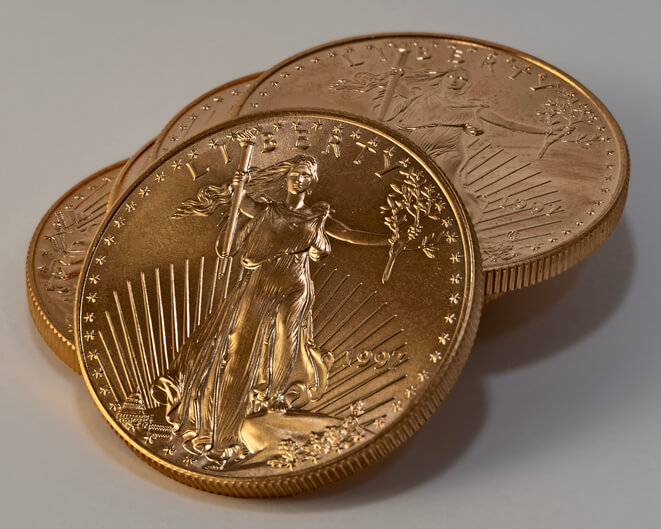
Immersing oneself in coin collecting and investment intertwines both monetary gains and fascination with history. Coins provide an effective means of diversifying one’s investment portfolio, acting as a safeguard against the erratic movements of the stock market and the erosive effects of inflation. Rare coins, like precious metals such as gold and silver, offer stability during economic turbulence by maintaining their worth.
Collectible coins captivate not only for potential profits, but also for their historical allure that resonates with collectors. Each piece is steeped in history. Rare coins are windows into eras gone by, presenting enthusiasts with a touchstone to yesteryear. Henceforth, people pursue these treasures out of interest in their stories as much as their monetary value.
Gold coins, minted from 1795 to 1933, hold significant historical value due to their limited production and artistic design. They are considered valuable investments, especially during economic uncertainty, as tangible assets that attract increasing interest in coin collecting due to market fluctuations.
Rare coins have significant growth prospects – they have demonstrated ability to appreciate over time, which could yield substantial returns financially. Their desirableness ensures liquidity, since there’s an established community actively trading them.
The venture into investing or collecting offers more than just wealth augmentation—it presents opportunities to embrace artistry alongside nurturing appreciation for historical narratives. Whether your objectives include financial security from inflationary forces or simply derive pleasure from acquiring pieces laden with heritage—coin investing extends versatile benefits tailored for various ambitions.
Understanding Coin Value
Grasping the value of a coin is essential for investors. A coin’s value is influenced by its scarcity, physical state, prevailing market demand, and intrinsic numismatic importance. The rarer a coin is, the greater it may be valued due to limited availability—a factor that captivates both collectors and investors. Rare dates and mint marks are critical considerations for collectors, as these attributes can significantly influence a coin’s worth in the collector market.
The physical condition of coins contributes significantly. They are assessed on a scale, considering their preservation and visual appeal. Superior grades equate to finer conditions, which imply an elevated valuation. Third-party evaluations from professional establishments like Professional Coin Grading Service (PCGS) or Numismatic Guarantee Company (NGC) offer unbiased verification, while also placing coins within protective casings—verifying their authenticity while safeguarding their state.
Varying trends alongside economic climates can shift market interest, affecting how much these rare commodities fetch in sales. Coins with cultural resonance or aesthetic appeal typically command added numismatic premiums above mere material value.
Appreciating these elements enables savvy decisions when cultivating a robust coin collection portfolio geared towards yielding profitable outcomes, whilst providing pleasure in ownership for enthusiasts.
Types of Coins to Invest In
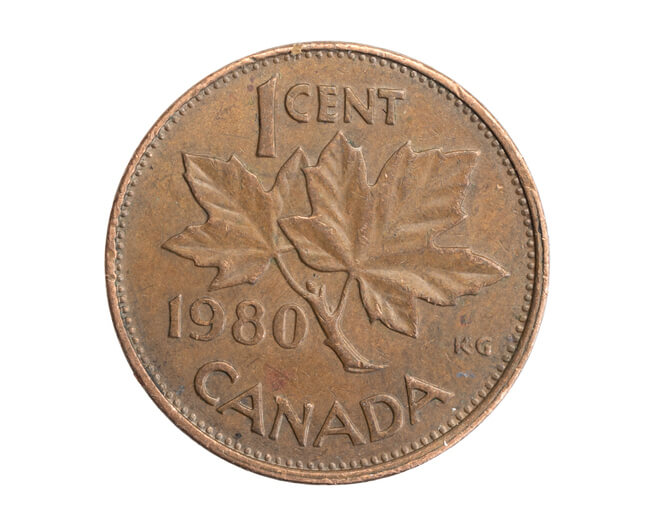
When considering coin investment, it is essential to recognize the distinct categories and their respective benefits. Investors can choose from bullion coins, known for their inherent precious metal value. Rare coins, which hold unique historical or collectible significance. And commemorative coins that celebrate special events or figures. Each type presents its own attraction and potential financial rewards, underlining the importance of discerning these differences for making knowledgeable investment choices.
Bullion Coins
Investors favor bullion coins for their inherent value, which is determined by the content of precious metals such as gold and silver, rather than any historical significance. Gold bullion coins and similar investments are a go-to option for those looking to protect their wealth amidst inflation and financial instability, because these coins’ value based on metal content frequently surpasses their numismatic worth.
Such coins, produced by official government mints, carry assurances regarding purity and mass – take the American Gold Eagle or Canadian Maple Leaf as examples. By investing in gold or other bullion-type coins, one adopts an uncomplicated approach to accumulating valuable metals, while broadening an investment portfolio with assets that present stability in terms of security and potential growth in value.
Rare Coins
Rare coins are another attractive option for investors. These coins often carry significant historical value and can appreciate substantially over time. Ancient coins, for instance, are considered good investments due to their rarity and historical stories. Rare coins are coveted items among serious collectors.
Researching a particular coin series or significant years can enhance the value of a collector’s portfolio, as understanding the nuances of specific coins can lead to more informed investment decisions.
Investing in rare coins requires a degree of trust and expertise, as the rare coin market is subject to subjective grading standards. Working with reputable dealers and understanding the historical context of the coins can help mitigate risks and enhance the potential for profitable returns.
Whether it’s a rare coin from the Roman Empire or a unique U.S. coin, these investments can diversify your portfolio while connecting you to fascinating historical periods.
Commemorative Coins
The United States issues commemorative coins to celebrate notable historical milestones, personalities, or events. These special coins are adorned with detailed designs that commemorate their specific themes. For instance, the Columbian Half Dollar minted in 1892 marked the quatercentenary of Columbus’s voyage to America. Another prominent example is the George Washington Half Dollar, produced in 1982 as a tribute to America’s inaugural president, and adds richness to collectors’ assortments of U.S. coins.
Such limited-edition commemorative coins attract attention from both coin enthusiasts and investors, partly due to their relatively scarce mintage juxtaposed with standard circulating coinage—this scarcity can drive up demand and augment their monetary worth as time passes. Collectors investing in these pieces not only pay homage, but also witness appreciation in value over time due to factors like unique mint marks associated with each batch released.
Why Shop at Smyrna Pawn in Smyrna GA for Coins?
Smyrna Pawn is a well-established pawn shop known for providing a range of services to the local community. Located in Smyrna, GA, the shop offers customers the opportunity to buy, sell, or pawn various items, including electronics, jewelry, tools, and gold and silver coins. Smyrna Pawn is recognized for its fair pricing and knowledgeable staff, who help customers get the best value for their items. Whether someone is looking for a quick loan, a bargain on a quality product, or a place to trade unwanted items for cash, Smyrna Pawn has built a reputation as a trusted and reliable resource in the area.
Starting Your Coin Collection
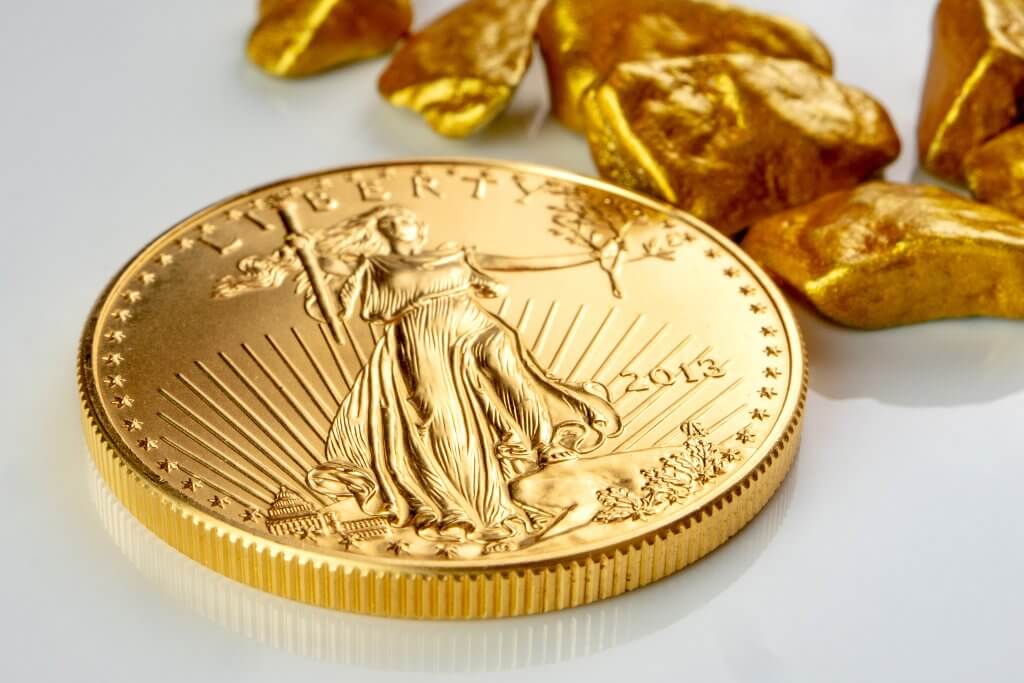
Starting a coin collection can be rewarding and educational. For beginners, it’s essential to research and understand the values, denominations, rarity, and other aspects of the coins they are interested in. The U.S. Mint recommends that new collectors start with coins they already have, as this can provide a foundation for understanding different coin features and values.
The growing number of coin collectors are turning to tangible assets like rare coins to hedge market volatility and inflation.
Choosing a specific theme, such as coins from a particular country or era, can enhance the collecting experience. Methods to acquire coins include change hunting, coin roll hunting, estate sales, auctions, and online marketplaces. Engaging with numismatic communities and forums can provide inspiration, valuable resources, and a sense of camaraderie for new collectors.
It’s crucial to start with a small investment that aligns with your budget, and to keep the hobby enjoyable. Bullion value coins like the Canadian Maple Leaf and American Gold Eagles are suggested for beginners due to their recognized value and liquidity. By keeping the process fun and educational, new collectors can build a meaningful and potentially profitable coin collection.
Tips for Successful Coin Investing
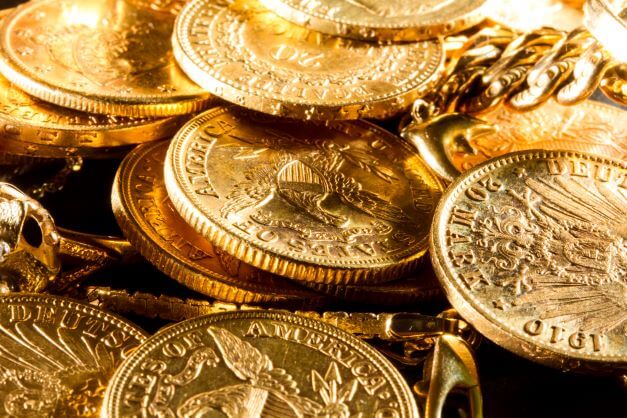
Investing in rare coins requires expertise, tactical planning, and enthusiasm. Identifying rare coins priced lower than their worth, strategically choosing the right moment to enter or exit the market, and harmonizing the enjoyment with financial gain are critical components to consider. Investors who focus on acquiring premium-quality rare coins while keeping abreast of market movements can realize substantial returns over time.
Recognizing Undervalued Coins
Recognizing undervalued coins is crucial for maximizing investment potential. Coins with historical importance or those minted in limited quantities are ideal for investment. Investors should seek out coins priced below their intrinsic value to ensure maximum returns. This strategy requires research and understanding of the coin market to identify opportunities.
When buying historic coins, it’s essential to consider factors that may influence their future value, such as historical significance and rarity. Ensuring quick liquidation by choosing coins with high market demand can also enhance investment returns.
Staying informed and vigilant allows investors to capitalize on undervalued coins and build a valuable collection.
Timing the Market
Understanding market fluctuations and economic indicators is crucial for effective coin investment. The value of coins, particularly those composed of precious metals like silver bullion, is heavily impacted by the current prices of these materials. Astute investors seize opportunities to buy during dips in silver prices as a strategic move toward enhancing their portfolio.
Investors who excel at amassing wealth through coins pay close attention to timing and demand within the market. Keeping abreast with changes in market sentiment, news and economic conditions, they can execute purchases and sales that are more likely to yield greater returns. By aligning transaction decisions with prevailing market trends, they can significantly increase the potential profitability of their coin collection investments.
Balancing Fun and Profit
Ensuring a blend of enjoyment and financial gain is crucial in coin collecting. It’s critical that collectors not only look for potential economic benefits, but also derive pleasure from their pursuit, focusing on coins that resonate with them personally or carry historical allure.
Adopting an equilibrium between investment and enthusiasm can make the process of assembling a coin collection both delightful and economically advantageous. By intertwining personal interest with investing strategies, collectors are likely to find their experience more gratifying, enhancing both the joy and monetary value derived from coin collecting.
Protecting Your Investment
Protecting your coin investment is crucial to preserving its value. Proper storage is essential to protect coins from environmental factors like humidity and chemical exposure. Using food-grade Ziplock bags with desiccant packs can be an effective method for long-term storage. It’s also recommended to use acid-free materials and avoid PVC-based plastics, which can damage coins over time.
Encapsulating coins in Mylar flips is a safe option, as these are made from inert plastic that does not outgas harmful substances. Avoiding containers that can harbor oils or release gases, such as those made from finished wood, is also important.
To protect against fraud, examine coins in person, research dealers in advance, and get a second opinion before making significant purchases. Utilizing reputable dealers and resources, such as the FTC warnings, the Consumer Awareness page of the ANA, and the Numismatic Crime Information Center, can help prevent scams.
It’s also advisable to inform your insurance company about storing coins at home to ensure they are adequately covered. Taking these precautions helps collectors safeguard their investments and enjoy peace of mind.
The Role of Professional Grading
Professional grading plays a vital role in maintaining the value and verifying the condition of a coin. Grading services like the Professional Coin Grading Service (PCGS) and the Numismatic Guarantee Company (NGC) determine the condition and value of coins, providing an objective assessment that enhances investor confidence. These services encapsulate coins in secure holders, ensuring their authenticity and protection.
The Sheldon grading scale, which grades coins from 1 to 70, is commonly used by these services to provide a standardized assessment of coin quality. Coins graded by reputable services often command higher market value, making professional grading worthwhile for serious coin investors.
Economic Factors Influencing Coin Prices
The value of coins is heavily affected by the state of the economy. For example, inflation can lead to an increase in coin values, while simultaneously diminishing the value of paper money. Similarly, economic conditions directly affect silver prices, which in turn affects the value of silver coins. During periods when economic stability is uncertain, there tends to be a higher demand for these types of investments, as they are considered more secure.
There is an inverse relationship between the strength of the U.S. dollar and silver prices, which consequently impacts the value associated with coins made from this precious metal. It’s critical for investors to pay attention not only to market trends, but also to global news events that could alter investor sentiment and influence coin values. Stay abreast of seasonal fluctuations regarding coin sales could benefit investors when planning their buying or selling strategies.
To capitalize effectively on investing in coins – particularly those composed primarily or entirely out-of-silver – it’s imperative for individuals invested financially (and emotionally) into such endeavors to educate themselves comprehensively about both macroeconomic variables and nuances within specific markets related directly towards numismatics, thereby ensuring thereby calculated strategic placements made consciously aiming at optimizing any potential financial gains derived from said ventures forthwith ahead.
Case Studies: Successful Coin Investments
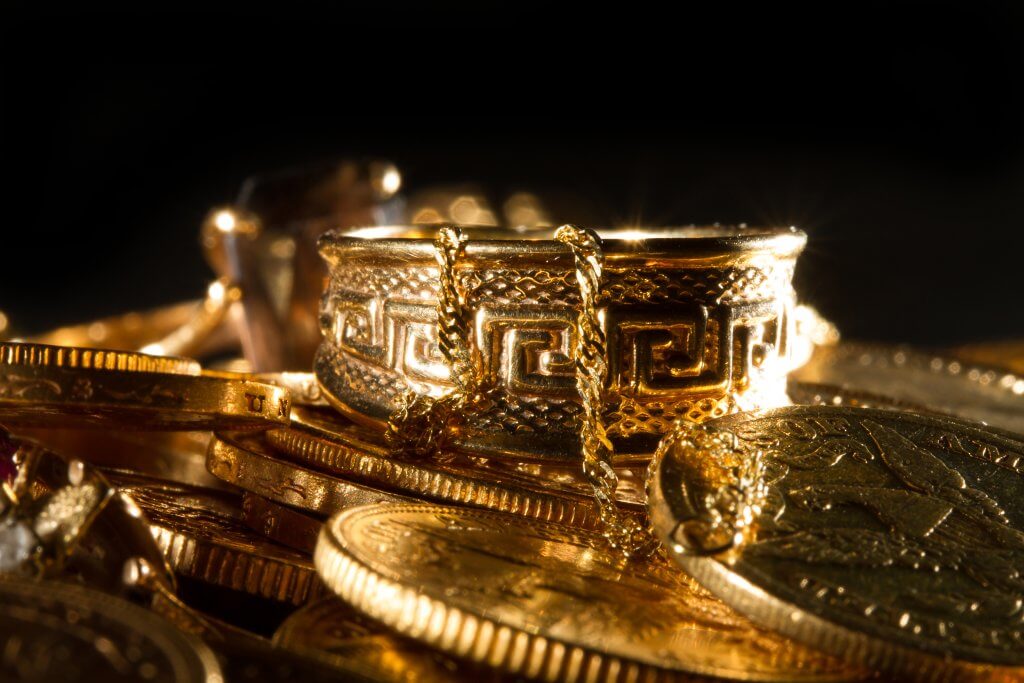
Examples of successful investments in coins can offer important lessons and motivation. Savvy investors who construct thoughtfully curated numismatic collections typically witness notable gains. Specifically, those with an emphasis on acquiring high-grade, uncommon coins, who also possess insight into market movements, often enjoy a marked increase in their coin holdings over time.
These success stories underscore the need for thorough research, precise timing, and deliberate plan when engaging in rare coin investing. By studying these examples of triumphs within the field, newcomers to numismatics can learn valuable tactics and methods to improve potential outcomes from their own investment ventures.
Opportunities for lucrative returns are significant, whether dealing with an ancient rarity or a specially minted commemorative piece – underlining the promise that targeted valuable coins is part of an investment strategy.
Summary
Engaging in coin investments combines financial stability, historical fascination, and personal delight. This comprehensive guide has discussed every critical element of investing in coins, including assessing the worth of a coin, examining various coin types, and offering practical advice on making strategic investments and safeguarding your investment assets. Coins can offer portfolio diversification, protect against inflationary pressures, and deliver opportunities for substantial gains.
By remaining knowledgeable about market conditions, capitalizing on undervalued coins, and finding an equilibrium between enjoyment and profitability. Investors can create portfolios that are both financially rewarding and enjoyable to accumulate. Coin investment abounds with prospects for those eager to immerse themselves in its intricacies. Irrespective of whether you’re an experienced collector or just starting out in this domain, there lies the promise of a gratifying experience filled with profitable potential.
Frequently Asked Questions
Is it worth investing in coin?
Considering an investment in a well-rounded coin portfolio can be beneficial, as it can mitigate the risks tied to market shifts and amplify potential gains by diversification.
Incorporating a range of U.S coins and precious metals could bolster your investment approach even more.
Why should I invest in rare coins?
Putting money into rare coins can provide financial portfolios with diversification and the possibility for significant returns, while also acting as a safeguard against inflation.
The historic value of these unique coins draws in numerous collectors and investors alike.
How is the value of a coin determined?
A coin’s value is influenced by its scarcity, state of preservation, level of collector interest, and historical numismatic importance. When a coin is professionally graded, it can increase the perception of its value.
Henceforth, these determinants are pivotal in assessing the market value within the realm of coin collecting.
What are the main types of coins to invest in?
Investing in coins can include several types, such as bullion coins, rare coins, and commemorative coins. Each category offers unique advantages and the possibility of different returns.
When considering an investment in these various kinds of coins, it is crucial to assess them with your specific financial objectives and tolerance for risk in mind.
How can I protect my coin investment?
To protect the value and security of your coin investment, it is critical to use proper storage methods and steer clear of materials that can cause damage. It’s equally important to conduct transactions with reputable dealers and to notify your insurance provider about the specifics of your collection.
These measures are vital in preserving both the value and safety of your coin investments.
